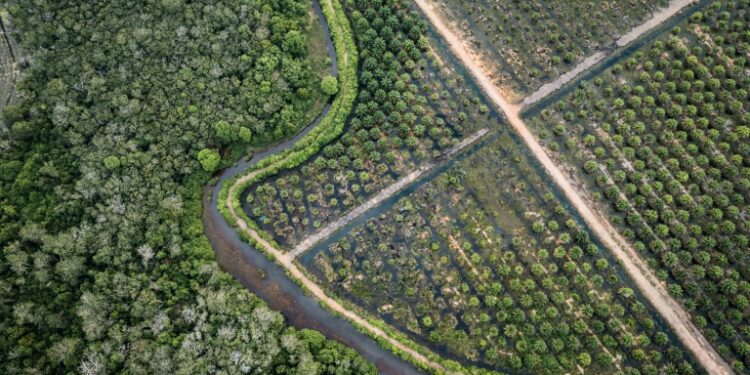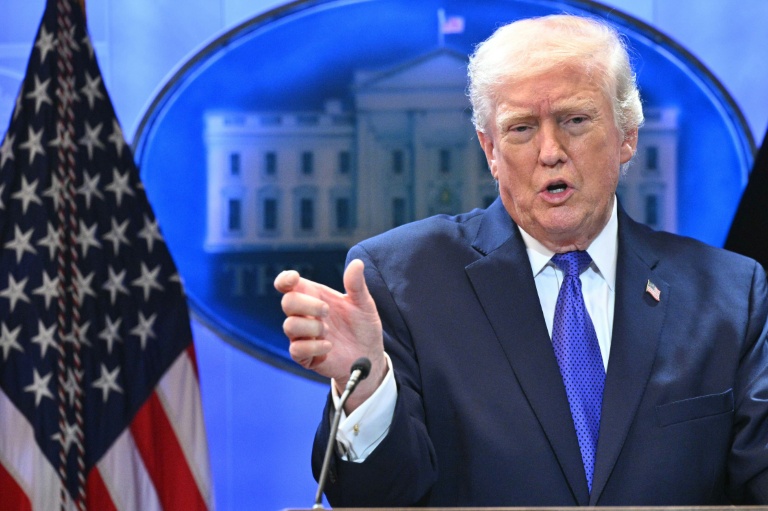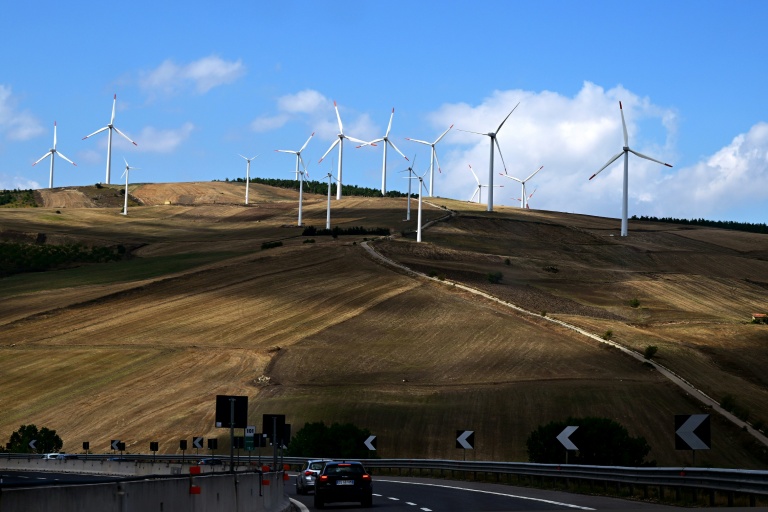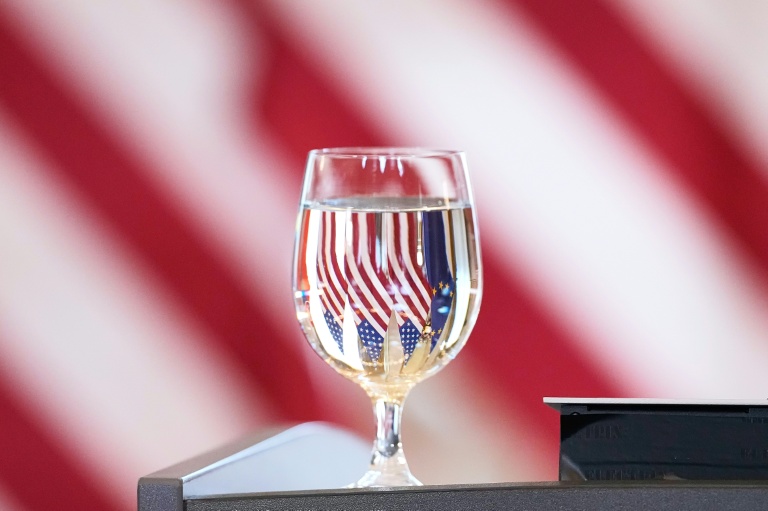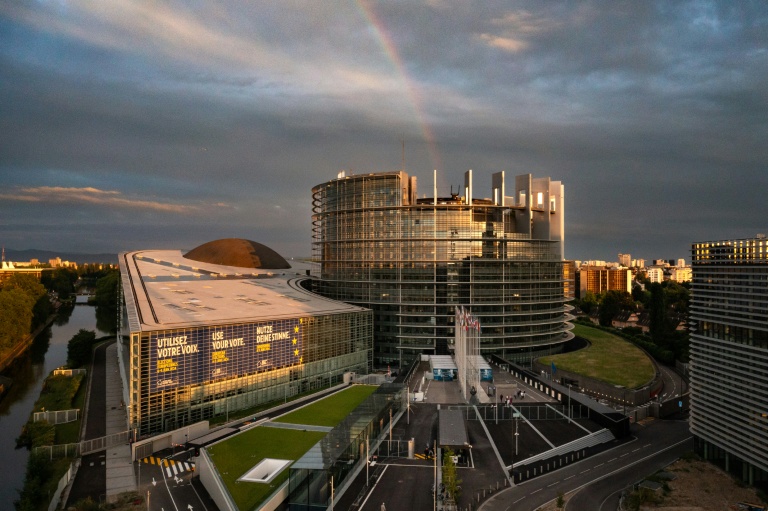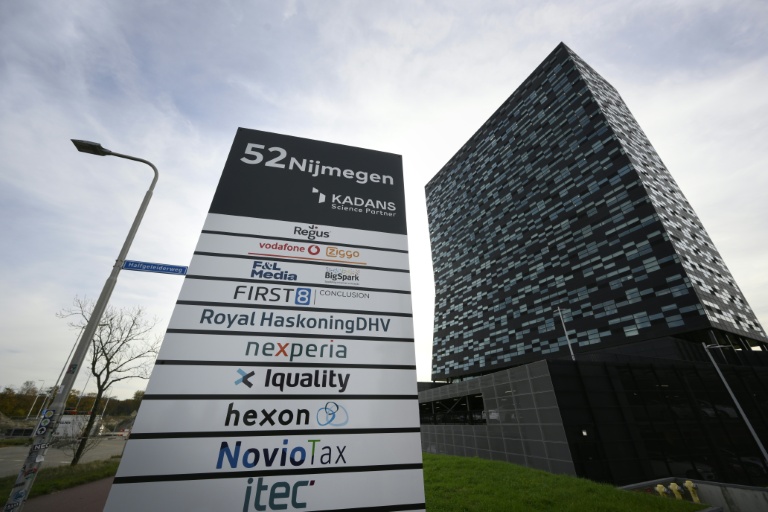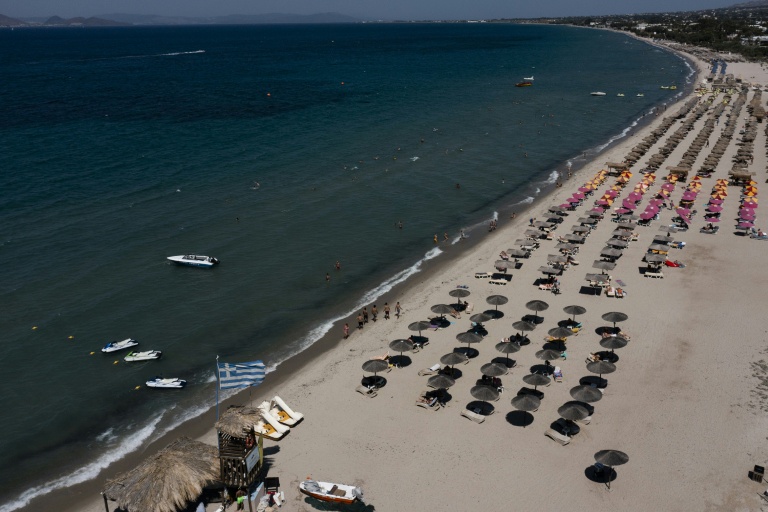Brussels (Belgium) (AFP) – EU member states Wednesday backed a new one-year delay to landmark anti-deforestation rules that have hit a wall of opposition from businesses and trading partners, diplomats told AFP. Already delayed by a year, the rollout of the law banning imports of products driving deforestation would be pushed back to the end of 2026 under plans backed by a majority of member states. These still need approval by the EU parliament.
Led by Germany and Austria, EU capitals also backed holding a review of the sweeping legislation in April next year — before it even comes into force. The new delay goes further than a six-month grace period for large firms already proposed by the European Commission, while backing a push to cut back reporting requirements including for small companies. Pierre-Jean Sol Brasier of the Fern environmental group said the move sent a “disastrous signal at every level,” calling the back and forth on the law “a caricature of incompetent EU policymaking.” “We are creating instability for companies that have invested millions” towards compliance, warned Sol Brasier, who said the door was now open “for EU lawmakers to eviscerate” the text.
Adopted in 2023, the deforestation law, known as EUDR, was hailed by green groups as a major breakthrough in the fight to protect nature and combat climate change. But the law has faced stiff opposition from trading partners including Brazil and the United States, as well as some EU capitals, who argue businesses will suffer from red tape and increased costs. The law bans goods produced using land deforested after December 2020, with at-risk items including anything from coffee to cocoa, soy, timber, palm oil, cattle, printing paper, and rubber. Firms importing such merchandise to the 27-nation European Union will need to provide a statement alongside geolocation and satellite data to show the goods did not originate from deforested zones.
Under the original plan, such papers had to be submitted also by companies who then purchase, process and sell the items — for example, sweet makers who buy cocoa to make chocolates. But the commission later decided the extra layer of checks risked overloading the IT system designed to support the rules and called for axing the requirement for all but first importers.
Beyond environmental advocates, the flip-flopping over the rules has also rankled firms that have already invested large sums to comply. Italian chocolate-maker Ferrero and Swiss food giant Nestle are among two dozen businesses that warned this week a further one-year delay would “prolong legal and market uncertainty, penalise first movers, and reward inaction.” “We’ve done this investment in good faith because we thought there was a sense of direction — and now it’s being questioned,” Francesco Tramontin, a senior executive with Nutella-maker Ferrero, told a news conference Monday.
© 2024 AFP

